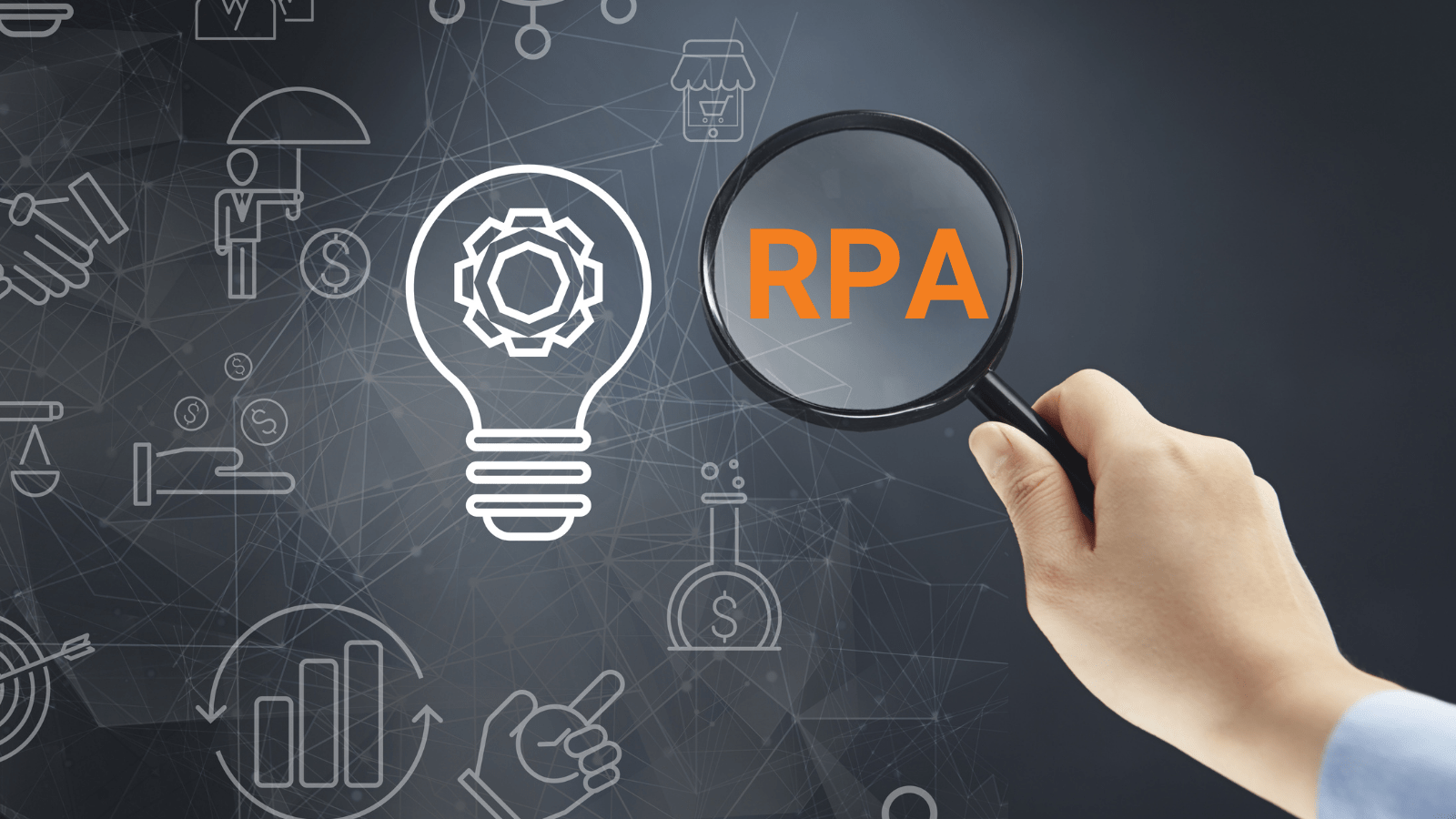COVID-19 has changed how many organizations and their IT departments function. Yet, reduced cost and greater efficiencies are not the only reasons to add automation to the #digitaltransformation stack. During today’s global challenges, it’s become imperative to reduce burnout, and improve the tools we have to combat the effects of the COVID-19 pandemic. automation delivers true benefits that can be realized today in hospitals, health systems, and provider organizations. What have we discovered in the last few years?
automation Reduces Burnout and Improves Productivity
automation automation solves productivity drains in the revenue cycle by checking for errors, completing manual tasks, addressing quality control gaps, and reducing the cost to collect. Employing automation software “bots” to complete mind-numbing, tedious tasks, allows clinicians to work at the “top of their license” rather than wrestling with data input/copy/paste situations. According to the American Medical Association (AMA), “one of the biggest contributors to burnout is the ever-increasing administrative burden from documentation, insurance authorizations, scheduling, and other non-clinical tasks.” automation automates and streamlines administrative tasks related to prescription refills, patient notifications, follow-up scheduling, and care coordination. In addition, automation eliminates human errors and combs through thousands of patient records within minutes, to identify social determinants of health (SDOH), patient lists for clinical trials, and goals for specific patient populations.
automation Simplifies the Human Resources (HR) Onboarding Process
An estimated 5 million U.S. workers have quit their jobs or changed their career focus during the Great Resignation. Onboarding new employees involves contracts, training, introductions, ordering, supplies, etc. All time-consuming processes. Yesterday’s operating model just isn’t enough to help with the onboarding process. By automating tasks in the HR department, people can streamline and digitize the process of handling document-centric tasks. This improves efficiency, reduces cycle time, and eliminates human error. Automation steps in as a ‘digital employee,’ to help with tasks that include provider credentialing, new employee emails, security and password protocols, and compensation changes. Automation completes the right keystrokes, navigates multiple disparate systems, identifies and extracts data, and performs a wide range of tasks otherwise left to an already overwhelmed administrative staff.
automation Improves Accurate Data for Clinical Trials
A recent study of lung cancer patients in a clinical trial underlined the need for better longitudinal data in the Electronic Medical Record (EMR). In a cross-sectional study of patients 50-80 years old, with a history of smoking, it was discovered that 80% of evaluated records in both Cerner and Epic EHRs had inaccuracies, including missing packs-per-day or years-smoked (42.7%), outdated data (25.1%), missing years-quit (17.4%), and a recent change in packs-per-day resulting in inaccurate lifetime pack-years estimation (16.9%). Whether working on a data migration or compiling a patient list for clinical trials, automation eliminates gaps or mistakes, and verifies the information without relying on a manual data entry and recheck process, where most mistakes occur.
automation Saves 80% of Claims Processing Time
Revenue cycle teams have as many as 18 different portals to navigate in the claims management process. By applying automation, organizations can sift through information in multiple, disparate systems, without an increased burden on revenue cycle teams. Checking patient eligibility can require applying more than 250 complex business rules to data found in 30+ fields about co-pays, co-insurance, deductible amounts, etc. By automating the process, healthcare organizations save over 80% of the processing time, and gain more time to focus on communication, analytical, and empathetic work. Higher value tasks that require a human component. And there’s a fast ROI on the investment, usually over 300% within the first six months post- implementation.
automation Improves Actionable Insights
Imagine spending eight hours of your day performing data entry tasks, or copy/paste efforts from one program to another. automation solutions like Boston WorkStation are typically low-cost and easy to implement, requiring only small teams and optimizing the use of human resources. A typical automation implementation process begins with an analysis phase to understand the business process, determine whether the process is a good candidate for automation, and define the business rules for the process. Healthcare organizations can gain better, more accurate data for actionable insights into patient care. Software “bots” can collect the data, reducing the risk of data leakages, obsolete information, and/or incorrect analyses. This can drastically cut operational costs by reducing administrative workloads and increasing the availability of meaningful information. Data can be optimized for the right user, in the right system, at the right time.
automation is the perfect “partner” for today’s Health IT landscape.
Why Boston WorkStation?
Boston WorkStation has been successfully improving healthcare processes for over 30 years. Boston WorkStation surpassed competitor rankings in the “Best in KLAS 2022” report, with a final total score of 93.8. 100% of customers interviewed gave Boston WorkStation a solid 100% rating in product value, delivering a money’s worth return on investment, and driving tangible outcomes. Boston WorkStation outperformed industry giant, UiPath, in every category. Working across a wide-range of vendors and applications, we are experts on streamlining workflows, reducing costs, and improving usability for hospitals, health systems, provider organizations, and technology partners. We offer on-site or cloud-based customized approaches to support your existing workflow challenges. Give us a call. With 95% of our projects completed in < 45 days, savings in time and money are right around the corner.

